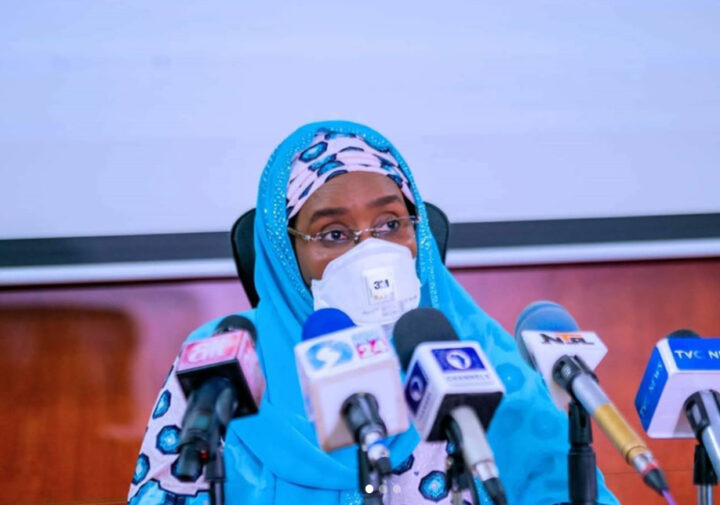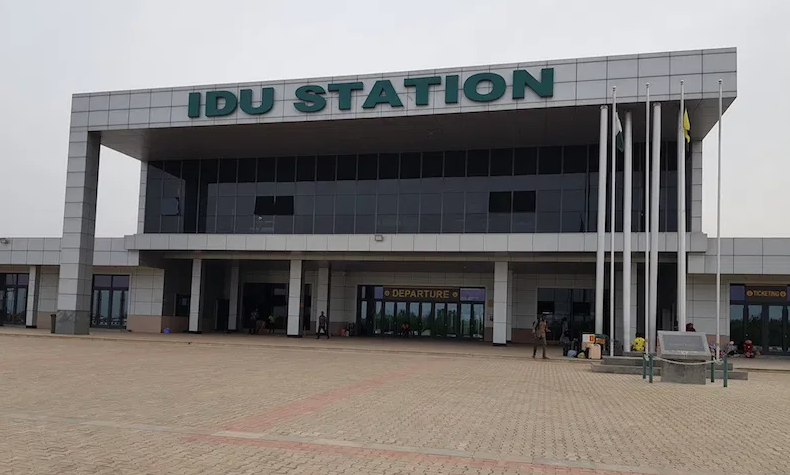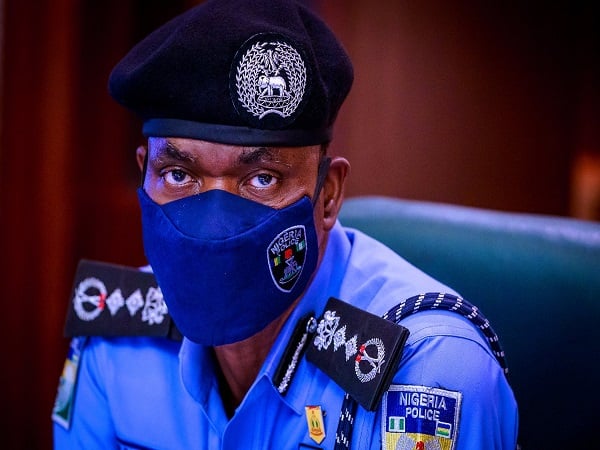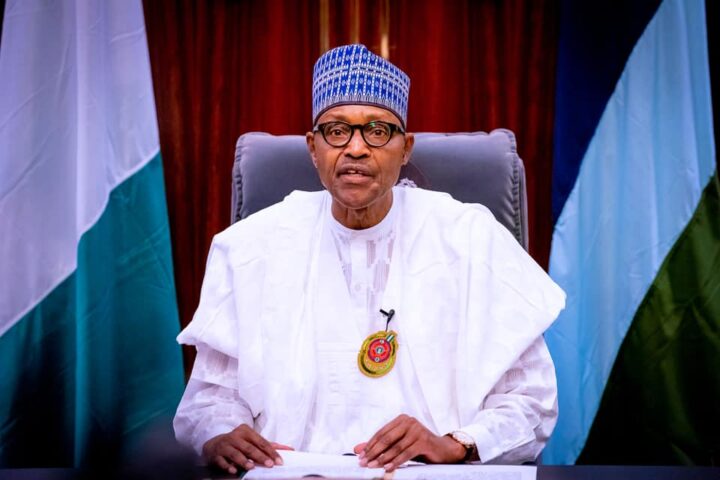The federal government says it is working to provide relief for 20 million poor and vulnerable people, who have been affected by the effects of COVID-19 on the country’s economy.
The government intends to capture them in the Rapid Response Register (RRR) targeted at residents of urban areas.
Vice-President Yemi Osinbajo flagged off the RRR in January. Those captured in this register would receive N5,000 for six months.
Speaking at a ministerial dialogue to review the national social register (NSR) in Abuja on Tuesday, Sadiya Umar Farouq, minister of humanitarian affairs, said another 10 million people are expected to fall below the poverty line because of the effects of COVID-19.
Advertisement
“In 2019, the National Bureau of Statistics estimated that 40.2 percent (equivalent to 82.9 million) Nigerians live below the poverty line on less than US$1.9, and another 10 million were expected to fall below the poverty line as a result of the socio-economic impact of COVID-19 by the end of the year,” Farouq said.
“The FMHADMSD is also mandated to socialise and create demand for the use of the NSR for social development initiatives across various levels of governments (federal, state and local government areas); and provide the needed database for ministries, departments and agencies to mine for pro-poor interventions, as well as provide the framework for the engagement of donors, implementing partners and non-governmental organisations working to deliver humanitarian and/or social protection programmes.
“As of 31st January, 2021, out of the estimated 82.9 million (40.2 percent) Nigerians living below the poverty line, we have identified and registered 26.8 million poor and vulnerable individuals, equivalent to about 6.3 million households in our country.
Advertisement
“We are expecting another 20 million to be added to the database and held in the Rapid Response Register — a shock responsive intervention register specifically targeted at urban informal workers impacted by the current COVID-19 pandemic. This database capacity is unprecedented in the history of our dear country.”
According to the minister, the government now has the database that could provide evidence for most social development projects.
“We therefore welcome all partners, and sister organisations to avail themselves of the rich database of the poor and vulnerable Nigerians at our disposal. We assure you of our commitment to support any effort that contributes to the lifting of poor people in Nigeria out of poverty,” she added.
Advertisement
Add a comment







